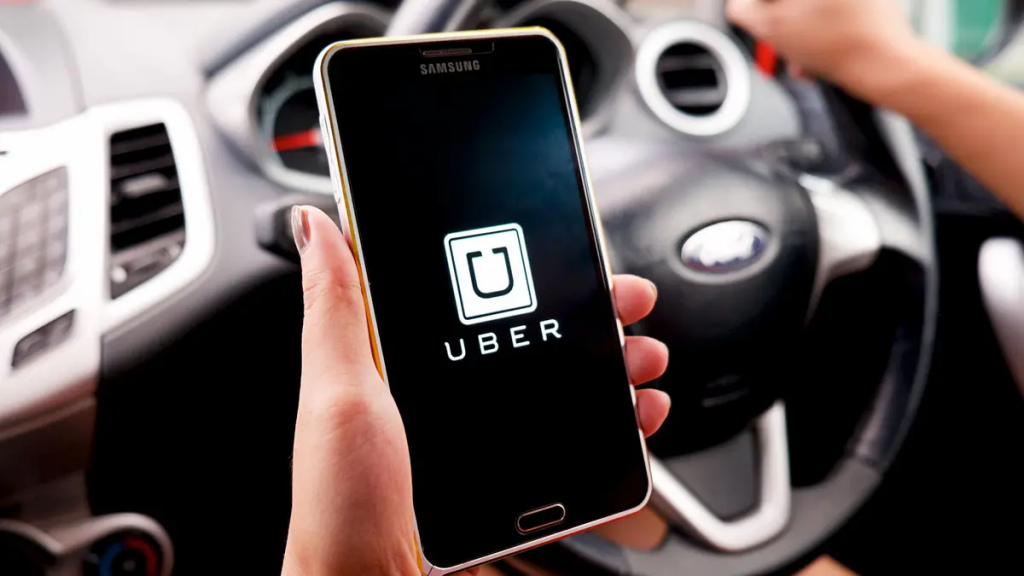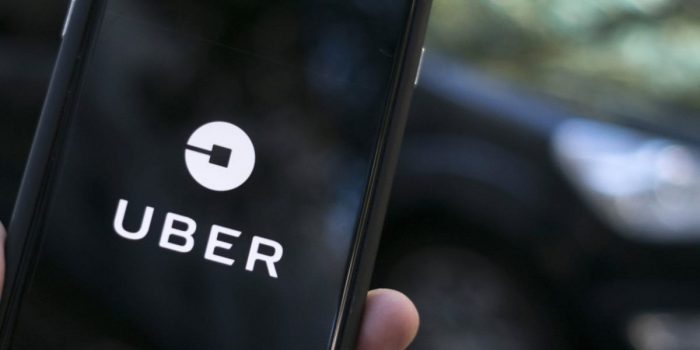Alexandru Iftimie, a Romanian immigrant who works as an Uber driver in the UK, faced a distressing situation during the pandemic when he was flagged by the ride-sharing app for “fraudulent activity.”
Despite insisting on his innocence, Iftimie received multiple warnings and struggled to get a clear explanation from Uber’s customer support. With the help of his union and advocacy groups, he pursued legal action against Uber and Ola, leading to a ruling in the court of appeal in Amsterdam that could help drivers challenge automated decisions that affect their livelihoods.

Iftimie’s troubles began when he received a warning from Uber that his account had been flagged for fraudulent activity. Despite his protests, he received further warnings, which put his only source of income at risk. When he tried to clarify the situation with Uber’s support team, he found it difficult to explain why he had taken an alternate route during a ride, which seemed to trigger the app’s automated system.
In addition, he felt frustrated by the lack of a transparent HR department that could help resolve the issue. With the support of his union and other organizations, Iftimie requested access to Uber’s data about him. Still, the information he received did not clarify what he had done wrong.
Together with the Worker Info Exchange and his union, Iftimie took Uber and Ola to the court of appeal in Amsterdam, where they argued that drivers had the right to know how automated decisions were made about them. The court ruled in favour of Iftimie and other drivers from the UK and Portugal, stating that they were entitled to more information about the process. Before the case went to court, Uber apologized and acknowledged that it had made a mistake.

Iftimie hopes that the ruling will help other drivers challenge automated management decisions that could affect their livelihoods. He believes fighting for principles and standing up against unjust treatment is important. However, campaigners have expressed concern that the UK parliament’s current legislation could weaken data protection rights.
Iftimie’s recent episode had a positive outcome, as he challenged Uber’s automated decision and pursued a law degree, leading to a new job and a growing family. However, his case highlights drivers’ challenges when dealing with ride-sharing apps and their automated systems.

The ruling in Amsterdam could provide a precedent for other drivers to challenge similar decisions in the future.
Despite Uber’s disappointment with the court’s decision, it is clear that there is a need for greater transparency and accountability in how these apps make decisions that affect people’s livelihoods.


